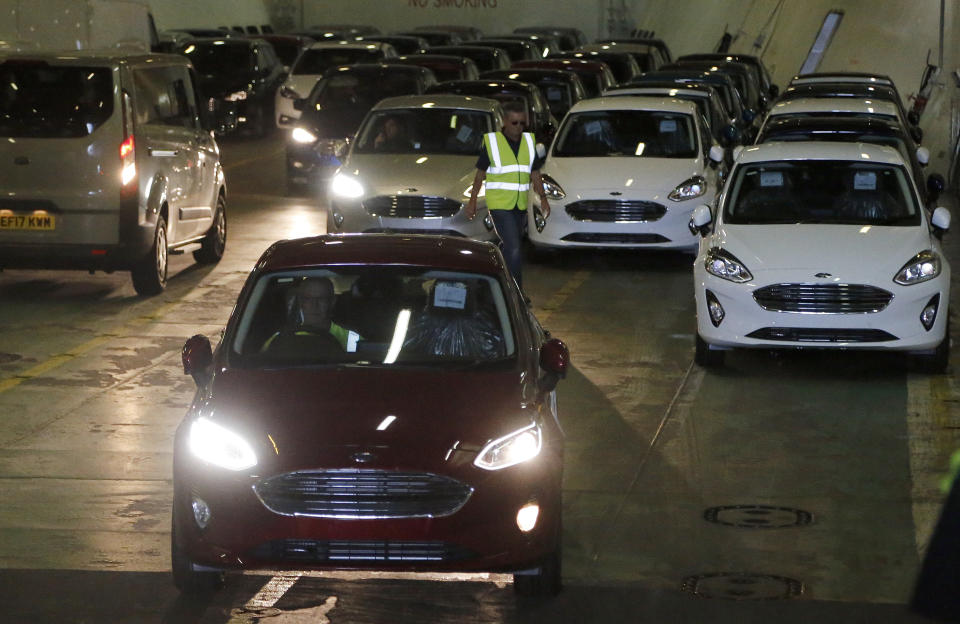Diesel car sales fall the most in 20 years as sector bemoans 2035 ban

Sales of new diesel cars fell by 36% in January, the most since the turn of the millennium, as the car industry warned of continued confusion about clean air zones and bemoaned the recently announced 2035 vehicle ban.
Overall, new car registrations fell by 7.3% in January. Petrol car sales fell by 9.5%, while alternatively fuelled cars continued to grow in popularity, according to the Society for Motor Manufacturers and Traders (SMMT).
New registrations of hybrid electric cars climbed by 20.6%, while demand for plug-in hybrid electric cars more than doubled, jumping 111%.
READ MORE: Petrol, diesel, and even hybrid cars to be banned by 2035
The figures for last month came a day after it emerged that hybrid vehicles would be included in the government’s vehicle ban, which will now also come into force five years earlier than expected.
Calling 2020 the “defining year of climate action,” prime minister Boris Johnson on Tuesday said that 2035 would be the last year that consumers could buy diesel, petrol, and hybrid vehicles.
The ban was previously due to come into effect in 2040, and was not expected to include hybrid vehicles.
“For the UK market to stand any chance of meeting the extremely challenging 2035 goal, an extensive package of government support is vital,” the SMMT said on Wednesday.
“These measures must support a smooth and sustainable transition for industry and consumers, whatever their income or driving needs.”
Analysts have cited increasing moves to reduce carbon emissions as a major factor in the sharp drop-off in diesel car sales. The decline in January, the steepest since 2000, means that sales of those vehicles have now fallen for 34 straight months.
Diesel car sales now account for just 19.8% of the new car market. Just a year ago, they represented almost 30%.
The SMMT said that consumers continue to be confused about clean air zones and their impact on diesel vehicles.
READ MORE: Services sector sees strongest growth since 2018 in latest Boris bounce
The zones, also known as low-emissions zones, are being considered in UK cities such as Birmingham, London, and Leicester.
From 2021, Bristol is set to become the UK’s first city to ban diesel cars from entering parts of its city centre.
“The new car market is a key driver of the UK’s overall economy, so another month of decline is unsettling,” said Mike Hawes, the CEO of the SMMT.
“Consumer confidence is not returning to the market and will not be helped by government’s decision to add further confusion and instability by moving the goalposts on the end of sale of internal combustion engine cars.”

 Yahoo Finance
Yahoo Finance 
